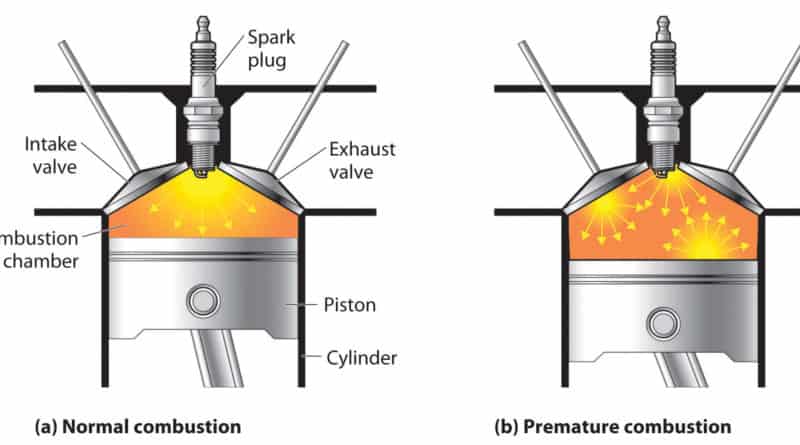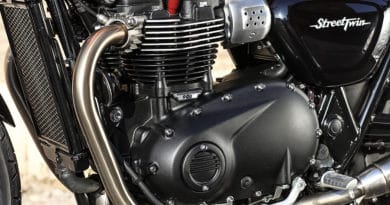Tech Friday: Knocking — Journalists Are Clueless
Knocking: What Journalists Think It Means
Lugging the engine in a higher gear at low speeds results in a knock-knock sound. The vehicle eventually stalls because of the additional load. And, unfortunately, many auto journalists call it knocking.
Contents
What It Really Is?
Our vehicles run on millions of explosions. Combustion happens inside the chamber and the exhaust keeps that noise within acceptable limits. If the fuel-air mixture in the chamber explodes before the piston reaches top-dead-centre, it will send the crankshaft rotating in the opposite direction. When that happens, the intake and exhaust plumbings swap roles. Because of the lack of filtration and sound deadening on the intake side, the sound of that untimely explosion makes a big noise in the engine bay.
What’s The Damage?
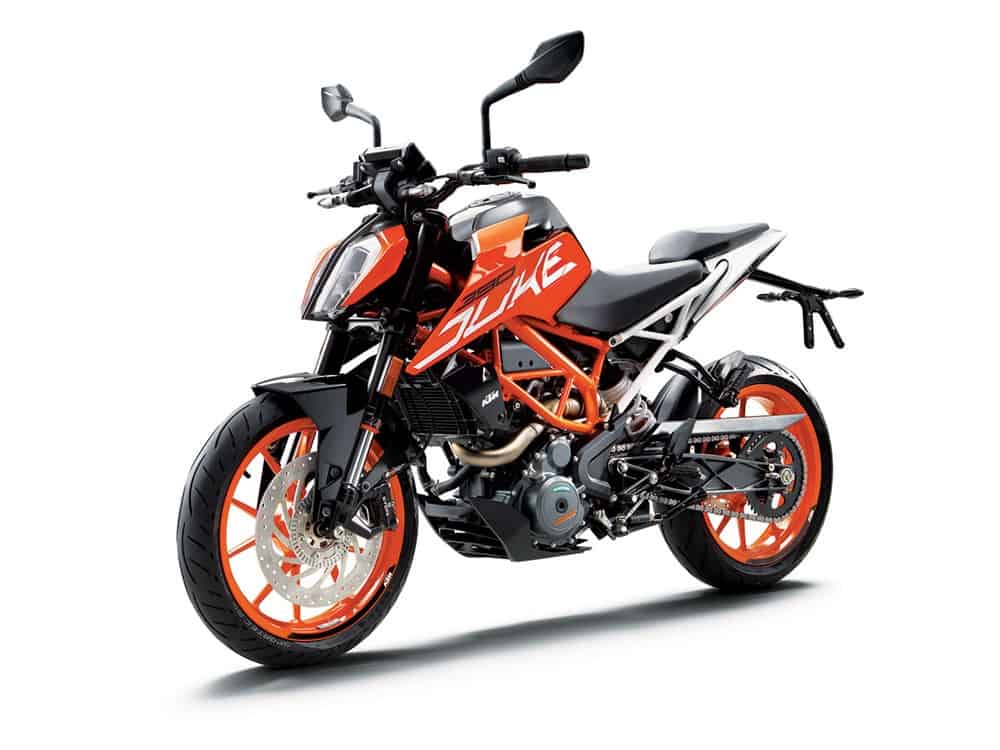
The blast throws out the air filter and leaves smote in the engine bay. Worse can happen and the powerful gases could rip apart the airbox completely. But that’s not even the worst case scenario. The reverse pressure could crack the pistons, piston rod, crankshaft, timing chain or all of these.
When you experience knocking first hand, you’ll be thanking the stars if it blew just the intake plumbing. The explosion is so violent that drivers around you might feel like somebody hit them. When the engine knocks, the driver will feel like he has crashed into an imaginary wall.
Why Does It Happen?
First of all, it’s only applicable for petrol engines. Diesels run on much higher compressions and don’t have the knocking problem.
Compressing the air-fuel mixture alone is enough to cause an explosion. But it’s difficult to predict the exact pressure for a perfect ignition. That’s why we have spark plugs. They blow up the fuel-air mixture exactly when we need it.
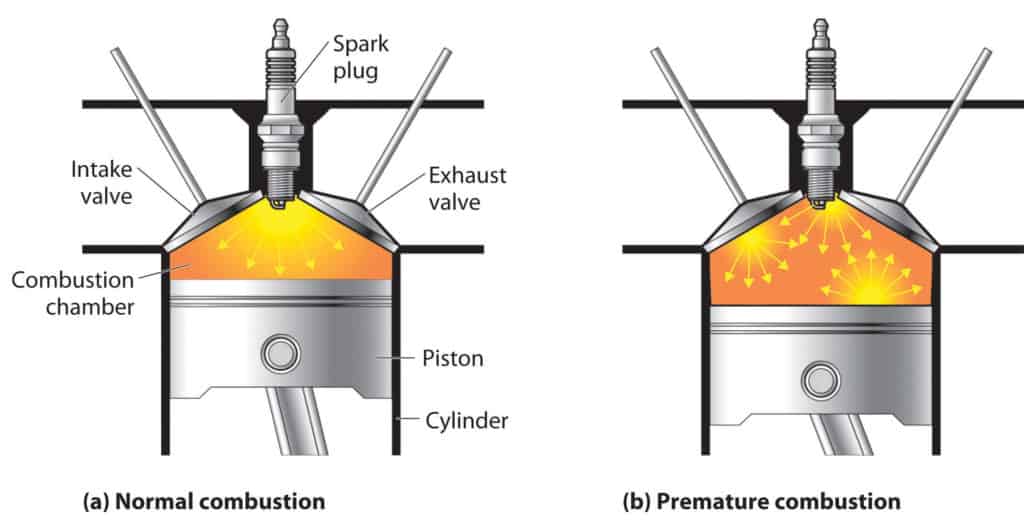
You must have heard of premium or high-octane petrol. It costs more. But it has the ability to compress more than the regular fuel without exploding prematurely. They come in handy if your vehicle runs on a high-compression engine. Such engines make more power in return.
For example, the 373cc engine of the KTM 390 Duke runs at 12.6:1 compression. The same engine on the Bajaj Dominar operates at just 11.3:1. That makes the Dominar suitable for regular petrol while the Duke should only drink premium. The difference in the power output of the two is also apparent. The Dominar has only 35HP under its belt while the KTM makes close to 45HP. Supercars like Lamborghini and Ferrari also run very high compressions and require high octane petrol only.
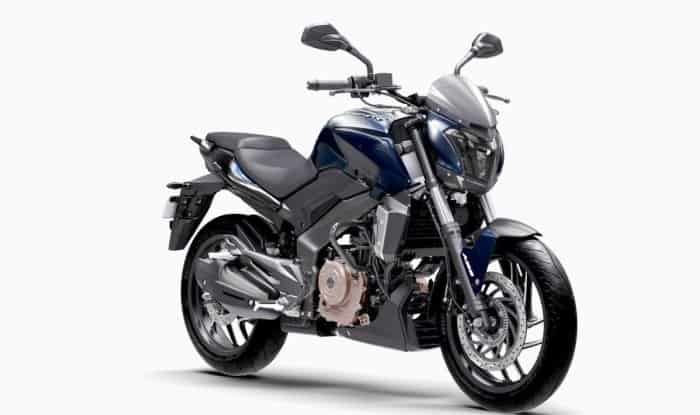
Should You Buy Premium Fuel?
Most mass market car and bikes we get here can run on regular petrol without any problems. If that’s the case, making the jump to premium fuel isn’t going to yield any benefits, whatsoever. However, if you have a performance machine then premium is the way to go. Check the owner’s manual to see if your car/bike needs premium and abide by it.
Also Read: Types Of Automatic Transmission: What’s The Best?
- 5 Reasons Why You Should Consider Datsun GO, GO Plus this Diwali - October 12, 2018
- Mini Electric Production Designs Unveiled for the First Time - July 13, 2018
- More Volvo XC40 Variants Inbound? - July 11, 2018
